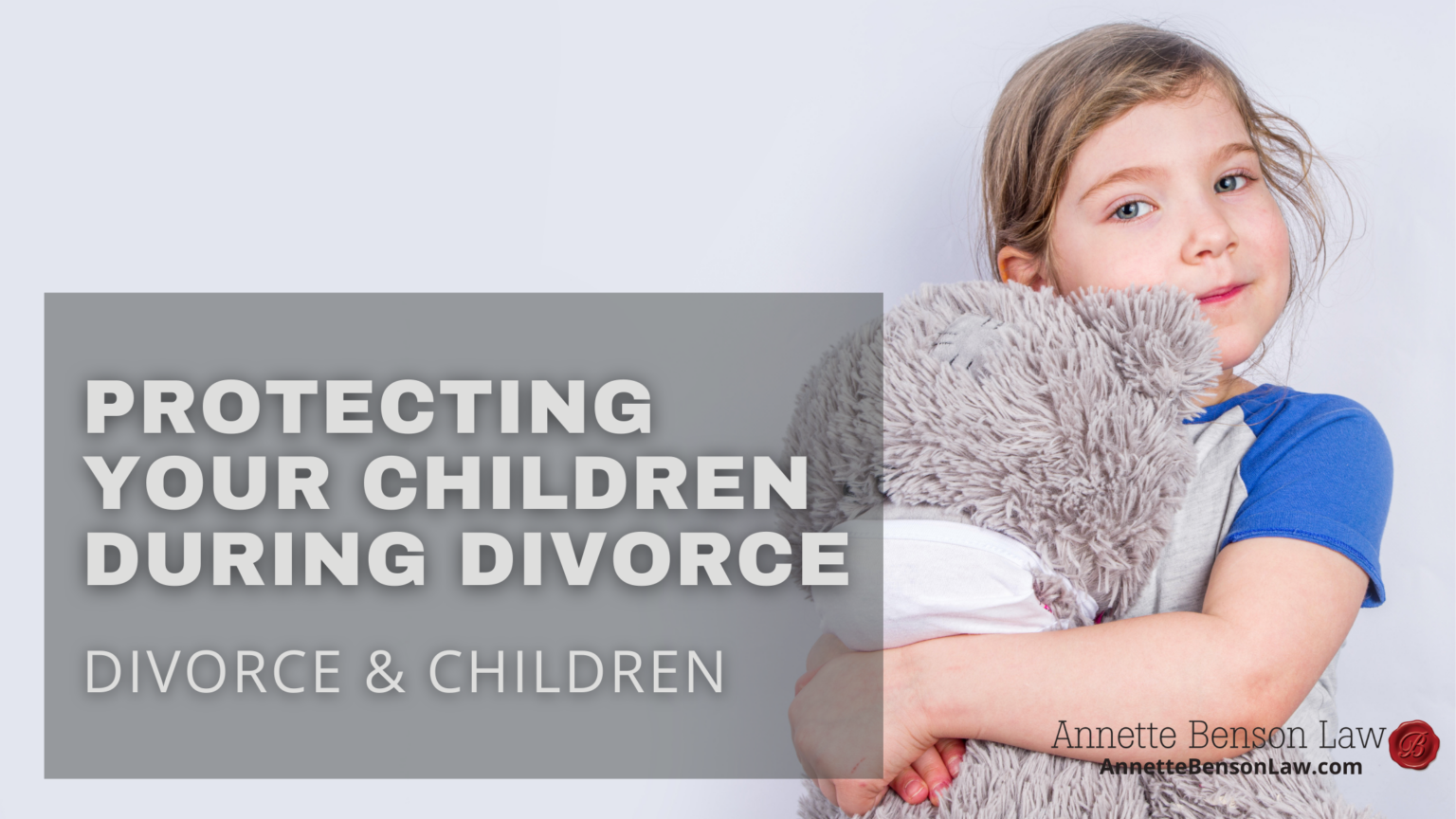
Protecting Your Children During Divorce
- Annette Benson Law
- Last Updated:
- Child Custody
Divorce is painful for everyone involved, but especially for the children. Often, divorce turns out to be the right decision when there are fundamental issues between a couple that can’t be resolved. And where there is domestic violence, divorce may be the inevitable and best outcome.
But how divorce is handled, and how much communication is there is with children who are old enough to understand what divorce is, can make a difference in helping them adjust to a new normal. What is not healthy for the children is to be in a home environment where there is aggression, constant arguments or unresolved fighting.
Who gets custody
Custodial arrangements are a key part of providing safety and security for children during a divorce proceeding. When assessing what is in the best interests of the child, in Michigan a judge will look at a number of factors to determine custody:
- Each parent’s capacity to provide love and a stable home environment
- The child’s relationship to the parents
- The child’s social and educational needs
The judge makes decisions based on what is best for the overall wellbeing of the child, whether there will be joint or sole custody, and whether that custody is physical or legal. Physical custody is granted to the parent with whom the child will live a majority of the time. The judge can also grant sole or joint legal custody, which allows one or both parents to oversee the child’s educational, religious and medical needs.
Providing for your children after divorce
As Michigan is an equitable distribution state, the court will determine not necessarily an equal, but a fair, distribution of marital assets. However, alimony and child support are separate determinations. Michigan has a child support formula to determine allocations for the care of minor child, but the court will determine alimony based on several factors:
- How long the couple was married
- The age, emotional and financial conditions of both spouses
- The couple’s standard of living before divorce
- The financial status of the non-custodial parent
Often, the divorcing couple can work together to find an amicable settlement that will create a healthy environment for the children. But when this is not the case, having an aggressive advocate who will fight for you to provide for your children’s emotional and financial needs will help you to take care of your children after divorce.
Connect with Us!
Recent Posts
How can I protect my kids after domestic violence?
Many parents in the Detroit area get out of difficult relationship precisely because their partner is abusive either toward them or toward the children. For this reason, these parents are willing to fight hard to . . .
Surrender – What does this really mean?
Surrender, to me, meant to give in, to be weak. You surrender when you’ve exhausted all your options and you’ve failed; game over. To surrender meant that the other person, the one you’re fighting against, won the battle. Frankly speaking, losing was not an option for me.
When one parent interferes with a custody agreement
When a custody order has been entered by a Michigan court, it has the force of law. One parent cannot interfere with the custody order or the co-parenting plan established in that document. One needs to be . . .






